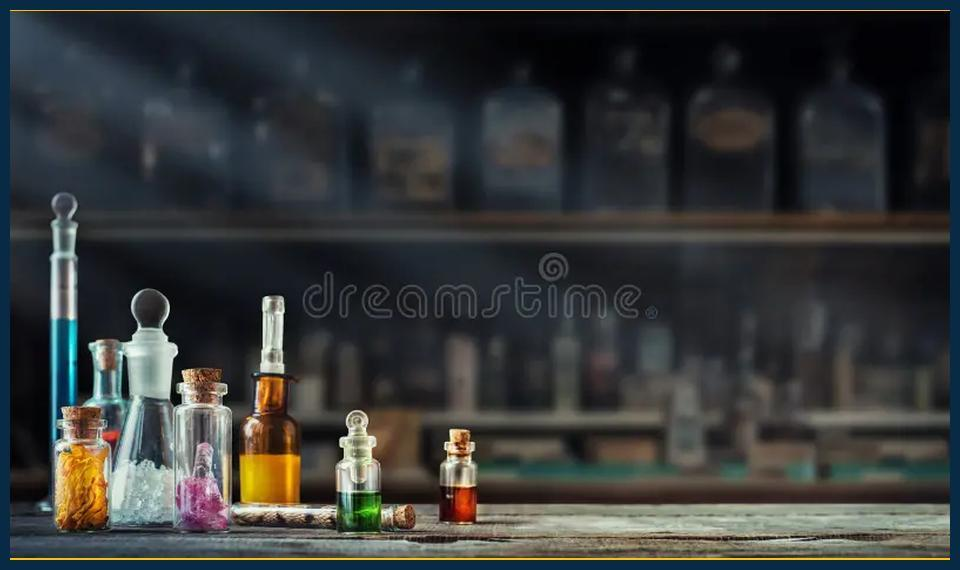![]()
GCSE Chemistry: Master Acids, Bases, and Salts in 30 Minutes 🧪⏱️
Welcome, students, parents, tutors, and teachers! Are you feeling overwhelmed by the vast amount of information in your GCSE Chemistry syllabus? Don’t worry – Tutor GP is here to help! Today, we’re going to focus on one of the most crucial topics: acids, bases, and salts. Let’s dive right in! 🏊♂️
Acids 🔺
Acids are substances that release hydrogen ions (H+) when dissolved in water. They have a sour taste and can cause burns. Examples include vinegar, lemon juice, and hydrochloric acid.
Practical Tip: Remember the famous mnemonic “Richard’s Vinegar Lemon Hurt Everybody” (RVLHE) to help you remember strong acids: Hydrochloric, Sulphuric, Nitric, Perchloric, Bromic, Iodic, Chloric, and Phosphoric.
Bases 🔵
Bases are substances that neutralise acids and have a bitter, soapy taste. They have a high pH and can form salts with acids. Common examples include sodium hydroxide (caustic soda) and ammonia.
Practical Tip: Use the phrase “Oh, soap!” to help you remember strong bases: Sodium hydroxide, Potassium hydroxide, Calcium hydroxide, Barium hydroxide, Strontium hydroxide, Magnesium hydroxide, Lithium hydroxide, and Francium hydroxide.
Salts 🧽
Salts are formed when an acid reacts with a base. They usually have a neutral taste and do not conduct electricity in pure form but dissolve in water to conduct electricity. Common examples include table salt (sodium chloride), baking soda (sodium bicarbonate), and Epsom salts (magnesium sulphate).
Practical Tip: To remember the formation of salts, think of the words “Salt is made when Acids and Bases react” (SIMWAR).
Revision Tips 📝
1. Practice identifying acids, bases, and salts in everyday substances.
2. Use flashcards to memorise strong acids, bases, and their characteristics.
3. Watch videos and tutorials to help visualise chemical reactions.
4. Work through past GCSE Chemistry papers to test your understanding.
5. Seek help from a tutor if you’re struggling with a specific concept.
Student Motivation 🎓
Remember, mastering acids, bases, and salts is crucial for your GCSE Chemistry success! Keep up the good work, and don’t forget to take breaks when studying to avoid burnout.
Parent Support 👨👩👧👦
Encourage your child to spend time revising this topic, and consider enrolling them in online tutoring sessions for personalised support.
FAQs ❓
- What is an acid?
- An acid is a substance that releases hydrogen ions when dissolved in water.
- What is a base?
- A base is a substance that neutralises acids and has a bitter, soapy taste.
- What is a salt?
- A salt is formed when an acid reacts with a base.
- How can I remember strong acids and bases?
- Use mnemonics like “Richard’s Vinegar Lemon Hurt Everybody” for strong acids and “Oh, soap!” for strong bases.
- How are salts formed?
- Salts are formed when an acid reacts with a base.
- What does a salt do when dissolved in water?
- A salt dissolves in water and conducts electricity.
- Why is it important to master acids, bases, and salts in GCSE Chemistry?
- Mastering these concepts is crucial for your GCSE Chemistry success and forms the foundation for future studies in science.
- How can I get help with GCSE Chemistry?
- Seek help from a tutor, work through past papers, or enrol in online tutoring sessions for personalised support.




